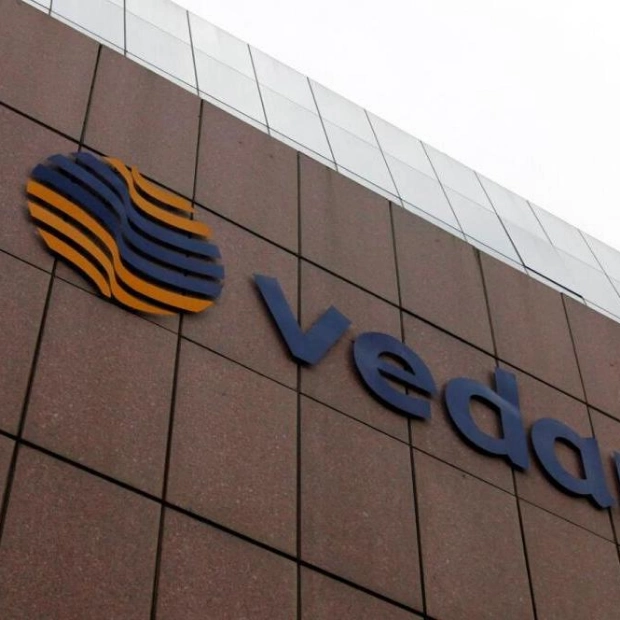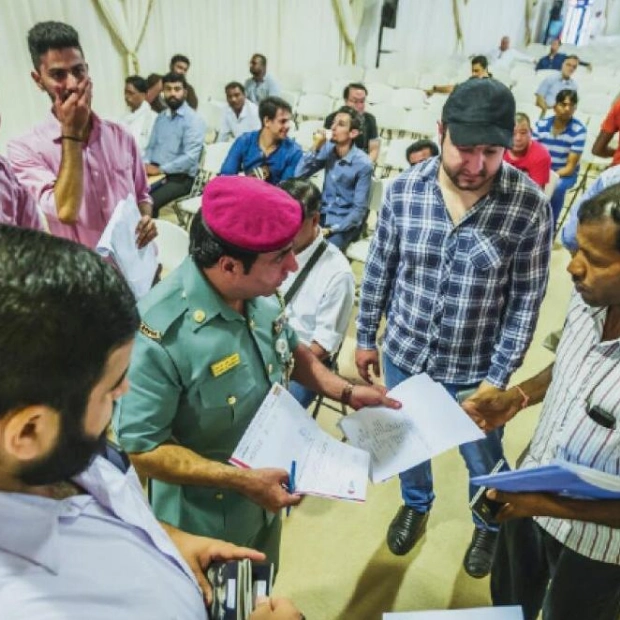Companies engaging in business activities in the free zones of the UAE must meet specific criteria in order to qualify for a zero per cent corporate income tax rate. They need to become a qualifying free zone person (QFZP), as per the latest guidelines issued by the Federal Tax Authority (FTA).
Thomas Vanhee, partner at Aurifer Middle East Tax Consultancy, highlighted some of the conditions that must be fulfilled, such as having audited financial statements, substantial presence, and deriving income from qualifying activities. He also mentioned that except for permanent establishments, the tax regime is an all-in or all-out approach.
Vanhee further explained that if a free zone entity earns non-qualifying income that exceeds either Dh5 million or 5 per cent of its overall income, then the entire income of that entity will be disqualified. Nimish Goel, partner at WTS Dhruva, mentioned that the FTA's new guide addresses several areas of uncertainty related to the availability of the zero per cent corporate tax benefit, such as high sea sales, domestic bills for exports outside the UAE mainland, and investments in cryptocurrencies.
Goel advised free zone businesses that interest income from surplus funds does not qualify for the tax benefit. However, he mentioned that free zone holding companies with no employees can now meet the substance test based on director decisions, which is a significant advantage. Vanhee suggested that taxpayers should verify with their free zones whether they are classified as free zones or designated zones for corporate income tax purposes.
He explained that the distribution of goods from a designated zone to qualify as a qualifying activity does not require the goods to physically enter the UAE in the case of third-country trading (high sea sales). Similarly, if purchases are made by a free zone company in a designated zone, the goods can come from the mainland and be exported, still qualifying as a qualifying activity. Even if goods are traded within the mainland, the activity would still be considered qualifying. Additionally, goods imported into the designated zone and subsequently re-exported would also be considered as a qualifying activity.
Vanhee specified that the processing of goods is a broader concept than just manufacturing. He mentioned that for commodities traders, it is not necessary for the goods to be traded on a commodity exchange; it is sufficient that they are tradable. This is particularly relevant for industries such as oil and gas, gold, and agricultural products. He clarified that if a free zone person does not earn any qualifying income in a certain period because they have not yet started earning income, it does not immediately disqualify them from being classified as a qualifying free zone person. Furthermore, he added that investing excess cash as a free zone person is considered financing related parties and therefore qualifies as a qualifying activity.
Lastly, Vanhee mentioned that a qualifying free zone person is not required to prepare separate financial statements for their qualifying income and other income.






